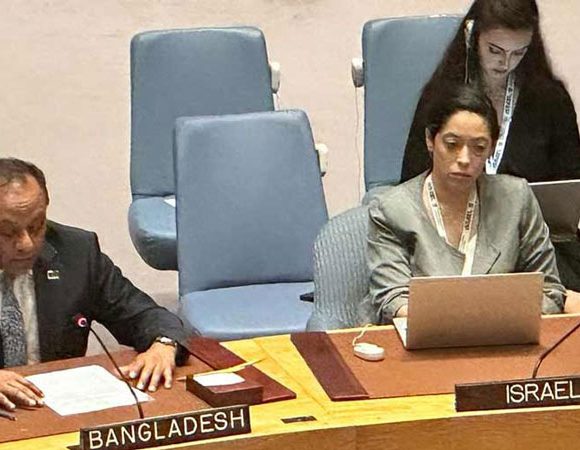BNP slams India’s Waqf Bill as discriminatory, urges review

The BNP has strongly criticised a recently passed amendment to India’s Waqf law, saying it undermines the rights of the country’s Muslim minority and may fuel communal tensions.
BNP Standing Committee Member Salahuddin Ahmed raised the concern at a press conference in Dhaka’s Gulshan on Sunday.
“India’s Parliament passed the Muslim Waqf (Amendment) Bill 2025 a few days ago. We believe the bill curtails the rights of Muslim citizens and opens the door to discriminatory practices,” he said.
Waqf, an Islamic endowment typically involving immovable assets like land, is intended for religious or charitable purposes and cannot be sold or transferred. Salahuddin warned that changes in the new law could disrupt the management of religious institutions built on Waqf land.
Citing Indian Muslim organisations, including the All India Muslim Personal Law Board, Salahuddin said the bill contradicts the fundamental principles of Waqf and was drafted with political motives. “They argue that Waqf boards should be administered solely by Muslims,” he added.
One of the most contentious changes, he said, is the provision for appointing non-Muslim members to Waqf boards, which he termed a direct infringement on Muslim religious rights. “Other faith-based boards in India do not allow members of different religions. This sets a dangerous precedent,” Salahuddin noted.
According to BNP, the bill threatens nearly one million acres of Waqf properties across India—used for mosques, madrasas, cemeteries, and orphanages—and could destabilise centuries-old religious practices.
Calling on the Indian government to reconsider the legislation, Salahuddin said: “As a major democracy, India must protect the religious rights of all communities. Reviewing the law would play a historic role in preserving communal harmony in the region.”
















